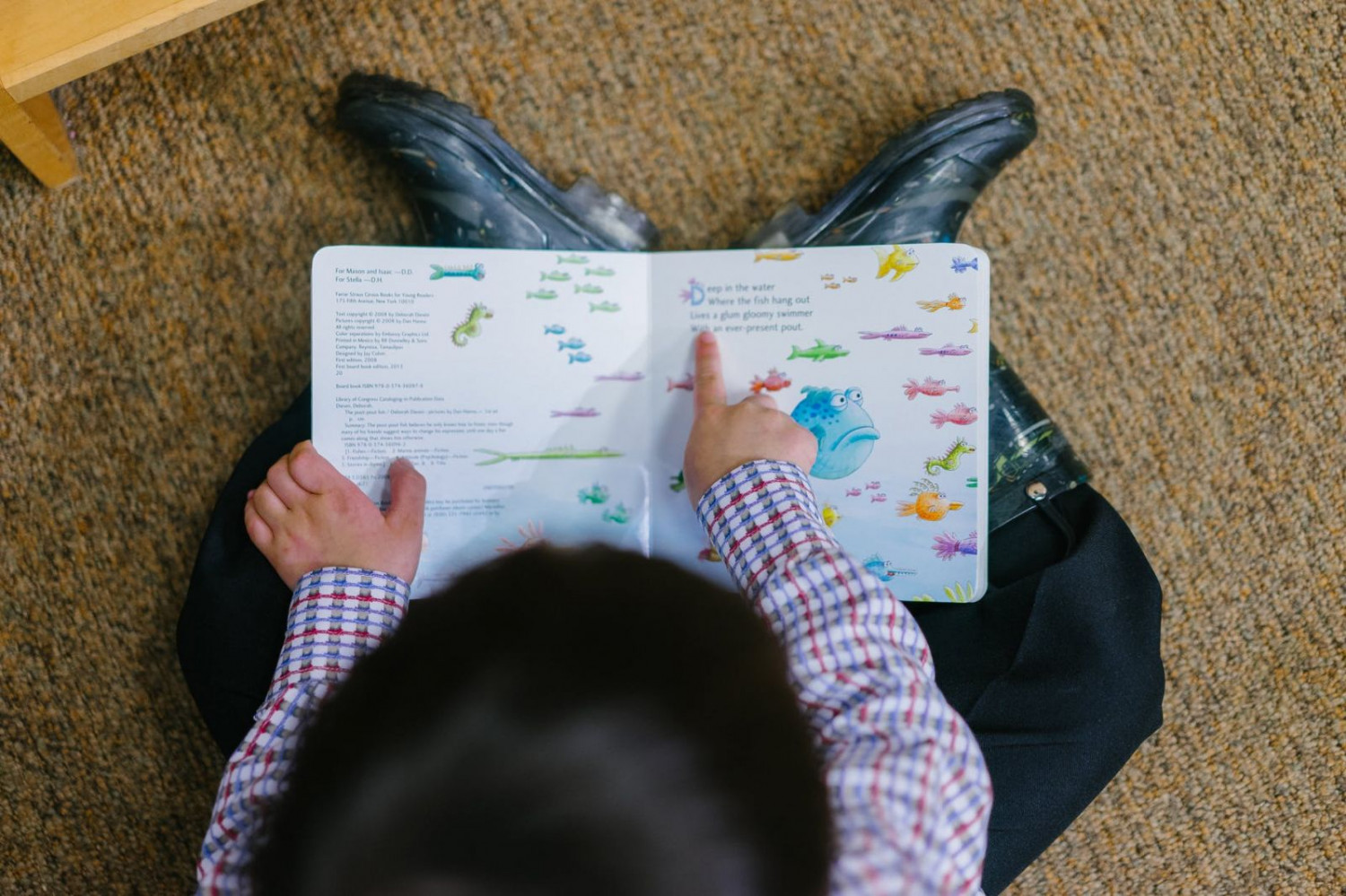Why should your church listen? & what does listening hope to achieve?

“You are young, but do not let anyone treat you as if you were not important. Be an example to show believers how they should live Show them with your words, with the way you live, with your love, with your faith and with your pure life “. 1Timothy 4:12
Begin by deciding the topic that you would like to discuss/discover more about.
Be clear about what you're asking and what you hope to achieve.
Topics could be:
- Considering new activities for the children/young people?
- When would be the best time /day for a new activity /group to take place?
- Their involvement in worship
- Their involvement in church life
- What do they like/dislike about church?
- What would they like in a new vicar?
- How can we become an Eco Church?
- How can the church use less plastic?
Whatever the chosen topic the desired outcomes should be to enable:
- The generations to listen to each other and work towards shaping a different future together
- All to feel valued for who they are and what they bring
- Children / young people to have a greater sense of ownership and belonging
- A different perspective and new ideas for the whole church
- Children’s voices to be heard
Requirements for listening to children
If listening to children/young people is to be truly effective and meaningful it cannot simply be a one-off event, it is an ongoing process and should always be continued.
The process should always be:
- Voluntary - Children should never be coerced into taking part or expressing views against their wishes and should always be able to withdraw their involvement at any point if they wish too.
- Respectful - All Children's views must be respected and they should be given opportunities to take their ideas and initiatives forward.
- Inclusive - All participation must be inclusive, avoiding any form of discrimination on any grounds.
- Relevant - The issues to be discussed must be of relevance to their lives, allowing them to use their knowledge, skills and abilities.
- Accountable - As a church/School you must be willing to commit to following up. Keeping the children informed as to how their feedback, views and ideas are being used, interpreted in any outcomes or future decisions made.
Legal requirements
If you are planning to lead a listening consultation at a separate time to your usual children’s group. Then you must ensure that parents/carers are fully aware of what is to take place when it will take place, and have given permission for their child if aged under 18 to be involved.
An invitation to attend the consultation and a consent form must be given, which needs to be completed and returned prior to the consultation. This will include permission for photographs /video.
An example form is available to download here.
For further detailed information on listening to children see:
“Collaboration with children and adolescents in the implementation of Churches commitments to children" World Council of Churches and UNICEF page.
Also - https://www.learn-to-listen.org.uk/